Cardiovascular Diseases (CVDs) are the leading cause of death all across the world. WHO has estimated that a total of 17.9 million people died from CVDs in 2019, that’s a whopping 32% of all deaths that have happened globally in that year. Incidentally, most Cardiovascular Diseases are preventable through lifestyle changes. Behavioral risk factors, such as using tobacco, having unhealthy diets, obesity, physical inactivity all significantly contribute to enhancing the chances of developing CVDs. Today we shall discuss in details how a healthy and a balanced diet can help prevent and manage Cardiovascular Diseases. The article will talk about Foods for Heart: Diet to keep your heart healthy
Principles and Recommendations for curating a heart healthy diet:
Energy or calorie:
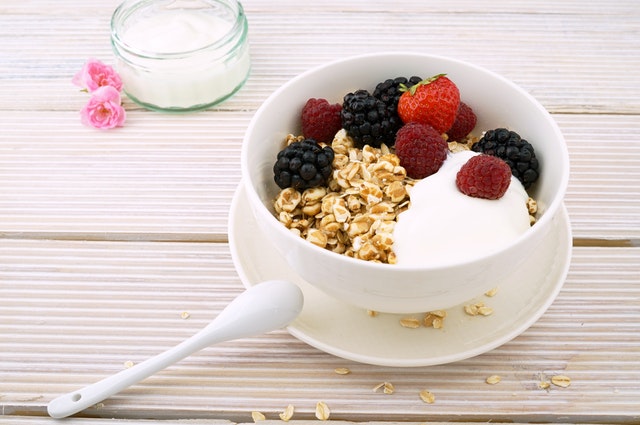
The risk of Cardiovascular Diseases is directly related to our body weight. Being overweight or obese enhances the chances of developing CVDs. Therefore, a balanced diet with a carefully managed total calorie intake is important in keeping the heart healthy. Energy from Complex Carbohydrates and healthy fats are beneficial. These are Foods for Heart: Diet to keep your heart healthy
Controlling the portion size of our food can be helpful in reducing calorie intake. Following tips might be followed in order to reduce the portion size of our meals:
a. Using smaller plates or bowls
b. Eating low-calorie foods that are rich in nutrients, like fruits and vegetables
c. Avoiding high-calorie/high-sodium foods, like processed, refined or fast foods.
Protein:
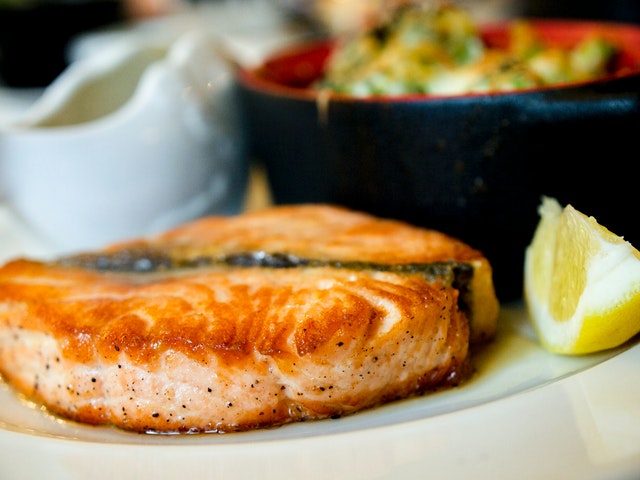
Taking protein that are low in fat is important for maintaining heart health. Lean meat, poultry and fish, low-fat dairy products, and eggs are good sources of protein for maintaining heart health.
Choosing lower fat protein foods is important. For example, skimmed milk should be opted instead of whole milk, or skinless chicken breasts should be preferred over fried chicken patty. Fish is also considered a very good alternative source of protein to high-fat meat. These are great Foods for Heart: Diet to keep your heart healthy
Some of the fish that we eat are rich in omega-3 fatty acids that helps in lowering triglycerides. Salmon, mackerel, herring are some of the cold water fish where you can find a lot of omega-3 fatty acids.
Legumes, like beans, lentils and peas can also be used as low-protein substitutes. These foods are rich in proteins and does not contain cholesterol. Also, balancing animal protein and plant protein is important. Plant proteins are low fat alternatives, but since they also do not contain omega-3 fatty acids, the deficit must be compensated including animal proteins 2-3 times in a week. For vegetarians, who cannot have animal protein, should take grounded and roasted flaxseed one tablespoon every day for omega-3 fatty acids.
Fats:
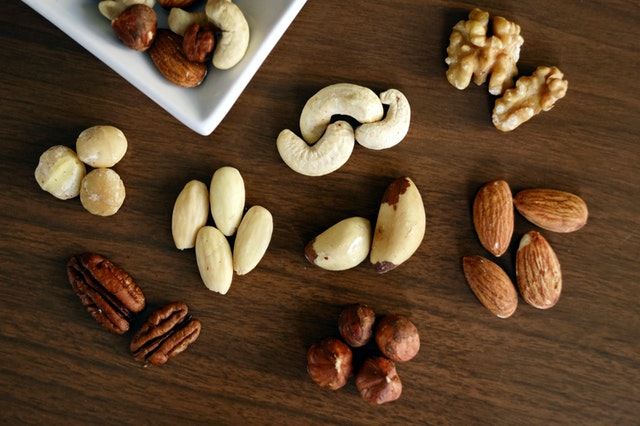
By reducing the intake of saturated and trans fats we can reduce blood cholesterol levels in our body. This in turn helps in lowering the chances of getting Coronary Artery Diseases. In the 2020-2025 Dietary Guidelines for Americans, the American Heart Association has recommended completely avoiding trans-fat and reducing Saturated fat to 10% of the total daily calories.
The three most effective ways of cutting down saturated and trans fats are:
a. Having lean meat instead of red meat
b. Using less butter, margarine and instead using guacamole or tahini dip.
c. Avoiding fast food
We would need to check the nutritional labels carefully in order to avoid hidden fats and sugar. Trans fat is sometimes listed in the nutritional label as partially hydrogenated oil, which we must make an effort to avoid.
While choosing fat, using monosaturated fats like olive oil or canola oil, or polyunsaturated fats that are found in certain types of fish, avocado, nuts and seeds, should be used, instead of saturated fats. Both monosaturated and polyunsaturated fats help in lowering cholesterol, however, should only be used in moderation as they too are high in calories.
Salt:
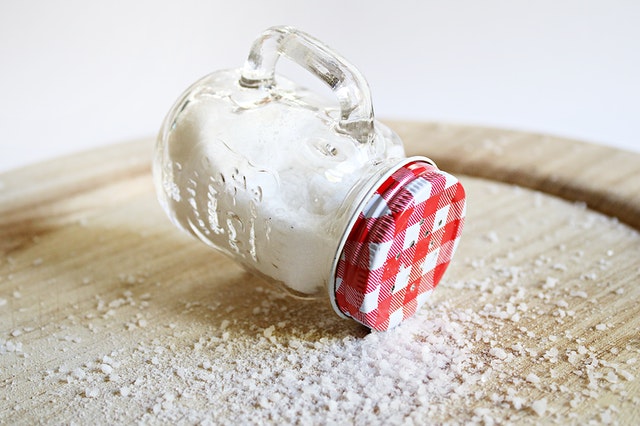
Having excessive salt during meals can cause high blood pressure which is one of the risk factors for developing CVDs. The American Heart Association recommends that healthy adults should have no more than 2300 milligrams of sodium in a day (about a teaspoon of salt), ideally less than 1500 mg/day.
Although reducing adding too much salt while cooking or during meal is a very good habit, we must also remember much of the salt we eat comes from processed or canned foods. Hence, eating fresh foods, and preparing our own soups and stews and reducing the salt content ourselves is the best way to go.
Fibre or Whole Grain:
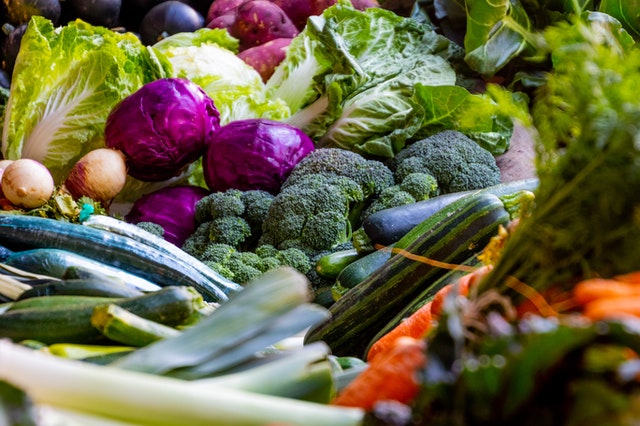
Whole grains are extremely good as a resource for fibre in our diet. If we have whole grains instead of refined grains products, our blood pressure would be much well-regulated and our heart’s health would be much better. Whole grains are truly Foods for Heart: Diet to keep your heart healthy
Sugar:
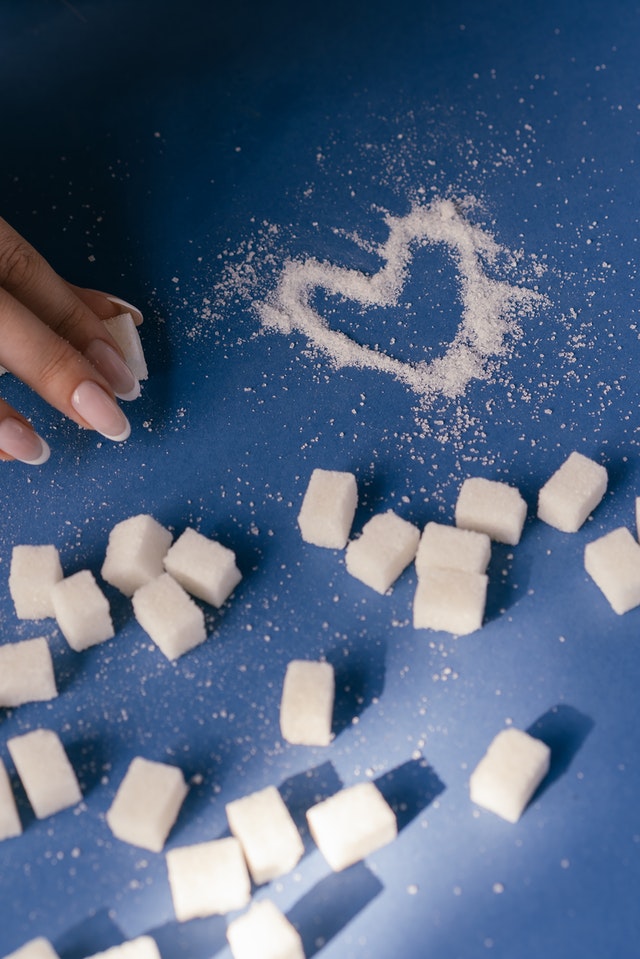
Sugar is extremely dangerous and can cause harm to our heart like unhealthy fats. Free sugar in our diet increases our cholesterol levels and so we must take special care to remove free sugar from our diet. Instead, natural sweets like raisins or dates can be used.
Best heart friendly foods to eat:
A heart-healthy diet consists of:
- Fruits and Vegetables
- Lean meats
- Nuts, Beans, and Legumes
- Fish
- Whole grains
- Plant-based oils, such as olive oil
- Low-fat dairy products
- Eggs
All of the above options are low in empty calories and saturated fats. Best go to strategy would be to make the plate half-full and to ensure that lots of vegetables are included during every meal.
Foods to avoid

The following is a partial list of foods to limit or avoid, as they are often detrimental to heart health:
- Fast food
- Fried food
- Boxed food
- Canned food (veggies and beans are the exceptions, as long as there’s no added salt)
- Candy
- Chips
- Processed frozen meals
- Cookies and Cakes
- Biscuits
- Ice-cream
- Condiments such as mayonnaise, ketchup, and packaged dressing
- Red meat
- Alcohol
- Hydrogenated vegetable oils (these contain trans fats)
- Deli meat
- Pizza, burgers, and hot dogs
Healthy Habits and Lifestyle Changes

Apart from having a healthy diet, some habits and lifestyle changes are key to a healthy heart. Following are some of the recommendations for a healthy heart:
Exercise
Getting regular exercise is very important for a healthy heart. According to the recommendations of The American Heart Association, 75 minutes of vigorous activity or 150 minutes of moderate activity is needed per week. Regular walking, swimming or jogging would help meet the requirements
Weight Loss
Losing weight helps in reducing pressure on heart. For someone who is overweight or obese, and needs to lose weight, he/she should get in touch with a nutritionist to reach weight loss goal.
Stress
Managing stress is important in keeping a healthy heart. Mindfulness techniques, yoga and meditation help in reducing stress.
Smoking
Smoking is extremely detrimental to heart health, and steps should be taken to start on a quitting plan.
Alcohol
It’s best to avoid alcoholic beverages, especially if someone has a heart attack, as alcohol is a blood thinner. If taken, it’s best to consume in moderation.
The importance of taking care of our heart cannot be overstated, and since a large part of the Cardiovascular Diseases is directly related to the choices we make in life, especially about the foods we take; a healthy diet is the surest way to a heathy heart.



2 Comments
Hi to every body, it’s my first go to see of this website;
this web site consists of amazing and truly excellent information for readers.
Thank you